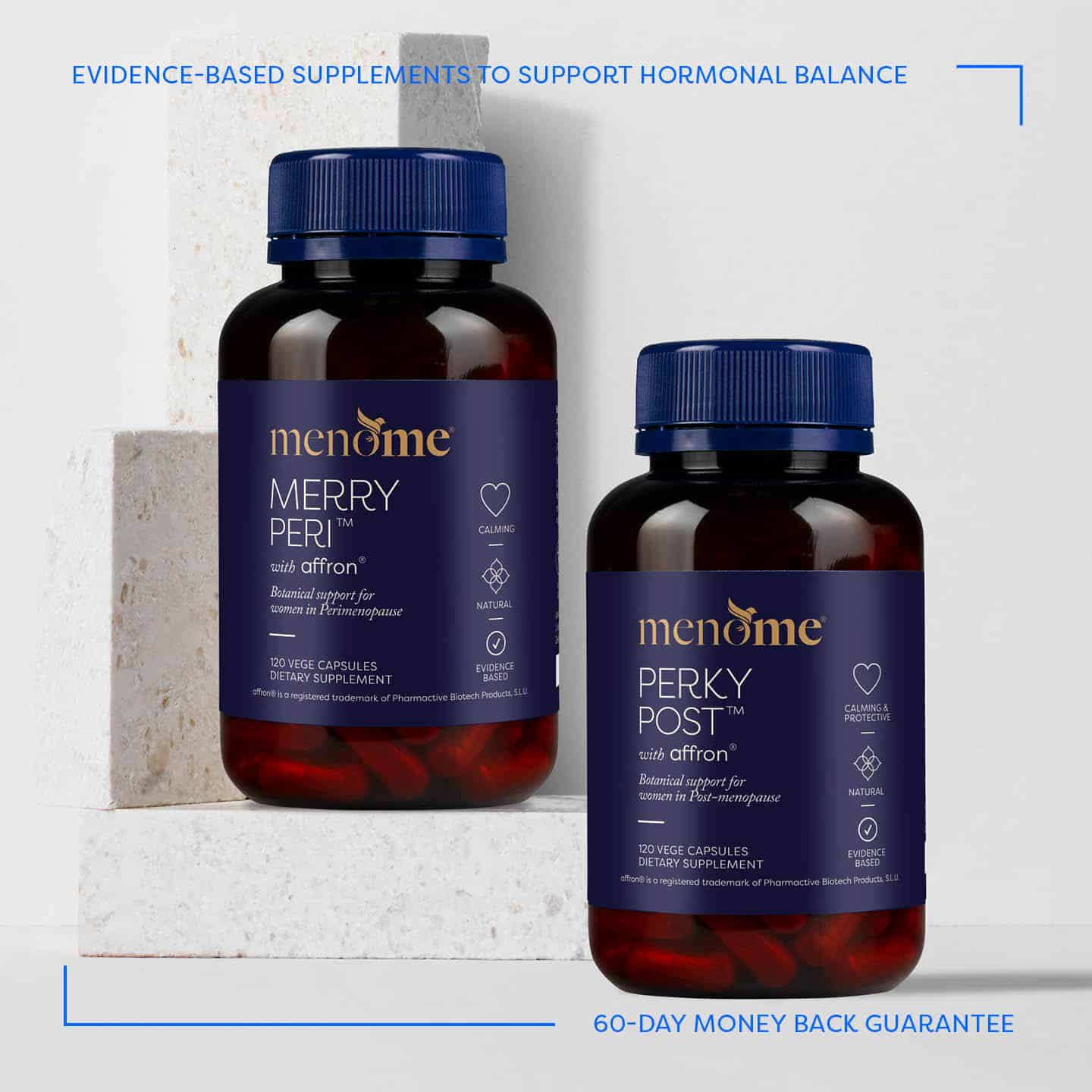Welcome to ‘real stories’ where Emmy is sharing her personal story of menopause.
Only 40 when she realised she was experiencing perimenopause, Emmy calls her experience ‘the monster’. A wife and mother of three sons, Emmy is English-born and lives in Brisbane, Australia.

Emmy’s personal story of menopause
When did you first realise perimenopause had begun, Emmy?
About five years ago.
Did you understand what perimenopause (as opposed to menopause) was?
Not at first, but after reading into it, I self-diagnosed prior to my doctor confirming after blood tests.
(Ed’s Note: the Australasian Menopause Society feels that using blood tests to diagnose perimenopause is not reliable and suggests tracking symptoms.)
Did you feel you were too young?
Absolutely. I was 40 when it started.
Were you shocked/surprised?
Not necessarily at first, but as time has gone on, the rage, itching, weight gain, face burn to name but a few symptoms came on overnight and dropped me on my ass!
What have been a few of your major challenges?
The rage and the hot flashes. It’s been like a monster that I’ve been unable to control. I feel sorry for my wife and three boys. They’ve been very understanding
How did you overcome these if you have?
I’m working on it. Some sound advice from some wonderful women on this page has definitely helped. It’s helped me realise I’m not alone, and these feelings are not out of the ordinary.
What have you struggled with?
I hate the changes both physically and mentally. I’ve gone from having an unbelievably high sex drive, to none at all! Finding my wife unbearably attractive and I feel as though I can’t do anything about it. The anxiety I get over trivial things. I am a perimenopausal asshole, and I feel as though I use it as a cop out for being a complete bitch.
Has there been a turning point for you at any stage?
I’m hoping I’m at the start of a turning point after discovering this page and reading other people’s experiences.
Do you understand this journey?
Yes, I do.
Has MenoMe® contributed to your experience?
Yes, it has and I’m grateful.
Is there anything else you would like to add?
I’ve admitted to myself that perimenopause has turned me into a complete bitch, apparently admitting it is the first step towards controlling the beast.
Thank you so much for sharing your story with us Emmy.
If we can be of help to you on your journey please don’t hesitate to get in touch.
To share your real story of menopause please get in touch with us here.










